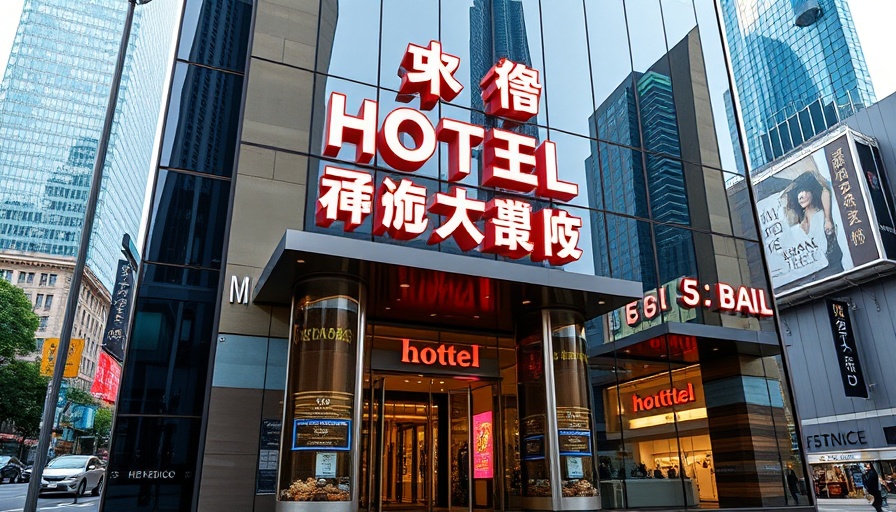
How Synthetic Turf Is Revolutionizing Hotel Spaces
As the hospitality industry evolves, the aesthetic and functional demands of hotel designs are changing. Owners are increasingly recognizing that an attractive exterior is essential for guest satisfaction and overall experience. With maintenance costs for natural grass skyrocketing and environmental concerns becoming more pressing, synthetic turf has emerged as a game-changer. This low-maintenance solution not only provides a lush, green landscape year-round but also cultivates engaging outdoor spaces that enhance the guest experience.
Long-lasting Solutions for Cost-effective Landscaping
One of the most significant challenges for hotel managers is the upkeep of outdoor spaces; a beautiful lawn requires regular mowing, watering, and treatment, which can quickly become costly. Synthetic turf eliminates these issues. Hotels can redirect funds typically spent on landscaping towards creating functional outdoor amenities that appeal to guests. For example, properties can install features like lap pools, lounge areas, or vibrant bars, transforming their outdoor spaces into multifunctional leisure zones.
Innovative Examples of Hotels Embracing Synthetic Turf
Take the Virgin Hotels New York City, where synthetic turf has been artfully integrated into the design of Swingers Crazy Golf, an adults-only mini-golf venue. This unique feature attracts guests looking for fun and excitement right in the heart of Midtown Manhattan. Similarly, the La Valencia Hotel in California showcases how synthetic turf can rejuvenate historic properties. After resurfacing its event spaces, the venue now accommodates multiple weddings each weekend, all while maintaining an impeccable appearance with minimal upkeep.
Environmental Benefits of Synthetic Turf
Adopting synthetic turf in hotel designs isn't just a matter of aesthetics; it’s also a strategic approach to sustainability. The water conservation that comes from replacing natural grass with artificial turf is significant, especially in drought-prone areas. Moreover, synthetic turf reduces the need for harmful pesticides and herbicides, presenting a more eco-friendly alternative for hotel landscapes. By contributing to overall environmental sustainability, hotels can bolster their brand image and appeal to eco-conscious travelers.
Transforming Urban Landscapes with Synthetic Turf
Hotels are not the only beneficiaries of synthetic turf. Cities, too, are leveraging its versatility. A fascinating example includes San Francisco's decision to utilize synthetic turf along Stockton Street during renovation projects, ensuring retail shops remained accessible during construction. This creative urban planning not only maintained foot traffic for local businesses but also set a precedent for future public space innovations.
Future Insights: The Growth of Synthetic Solutions
Some industry experts predict that continued advancements in synthetic materials will further enhance the quality and aesthetics of turf, making it even more appealing for commercial properties. As sustainability becomes a focal point, hotels that adopt synthetic solutions stand to benefit long-term through lower operational costs and a reduced environmental footprint. This integration represents not just a trend, but a pivotal shift in how we approach landscaping within hospitality environments.
Conclusion: Embracing Change for Potential Growth
As synthetic turf continues to transform hotel designs, the benefits go beyond mere appearances. Enhanced guest experiences, increased functionality, and significant cost savings make this solution appealing to hotel operators looking to elevate their properties. As consumers increasingly prioritize sustainability, hotels that invest in these modern materials may find themselves leading the charge into a greener, more vibrant future in hospitality. Explore how embracing synthetic turf can redefine not just your outdoor spaces, but also reshape your business strategy today.
 Add Row
Add Row  Add
Add 




 Add Row
Add Row  Add
Add 

Write A Comment